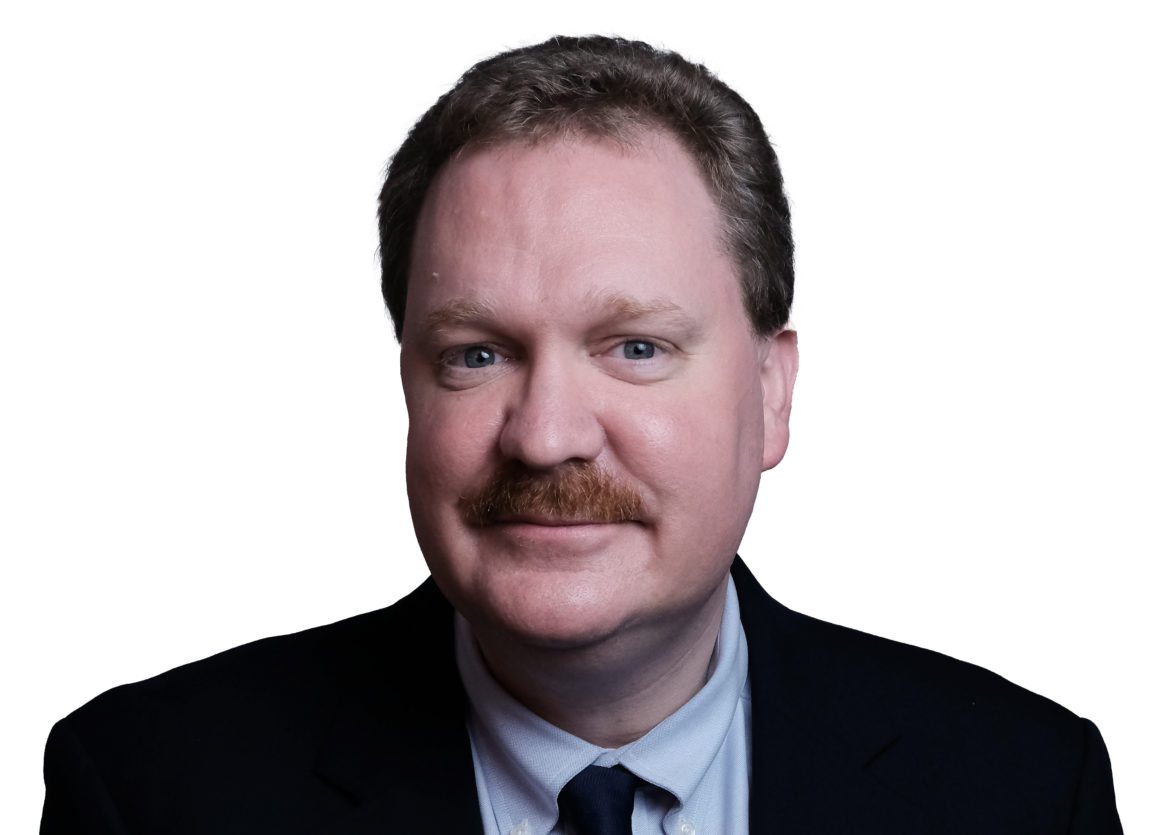Written by Michael Claxton
Way back in the spring of 2004, I had only been at Harding nine months. One morning I was glancing at the chapel schedule before heading to Benson Auditorium. I poked my head into my department chair’s office and asked, “Who is Nerdly Greenback?”
“You’ll see,” he said, with a cryptic grin.
When Dr. David Burks introduced him, a tall man came through the curtain wearing a buttoned-up, green plaid coat and a matching hat with ear flaps. He introduced himself as “Nerdly Greenback, Patriot,” and then unleashed a 15-minute barrage of one-liners. He spoke of his fortunes in life: “I started out with nothing and still have most of it left.” Or this: “Opportunity was right under my nose, and I blew it.” He said he liked to start each day with a smile and get it over with early.
Nerdly gave helpful life advice: “Call your friends during their Super Bowl and tell them about your problems,” “Stare at people through the tines of a fork and pretend they’re in prison,” “Never go to bed angry — one night we stayed up for three days.”
Long before we called them dad jokes, Nerdly had thousands. Some landed and others bombed, but he plowed on unphased. The crowd loved his definition of politics: “‘Poly’ means many, and ‘ticks’ are blood-suckers.”
I later learned that Dr. Don Diffine (pronounced DIF uh NAY) was no different in the classroom. In his economics classes, if you glanced out the window, you missed three jokes. He loved turning cliches on their heads: “I have the heart of a little boy,” he would say, “which I keep in a jar on my desk.”
Not that he wasn’t a serious man. After all, he was a former Air Force captain and squadron commander who had served in Vietnam. He had a Ph.D in economics and taught for 45 years in Harding’s College of Business Administration (COBA). He founded the Belden Center for Private Enterprise Education, a one-man think tank from which he produced 11 books, 30 monographs and a quarterly journal. He sponsored Harding’s economics team for 35 years.
He testified on money matters before Congress, served on the Council of Economic Advisors for three different governors and spoke frequently at professional meetings, where he was in demand as a “stand-up economist.” His office wall was covered with awards, which he viewed with modesty: “I was never good at sports,” he joked, “but then I learned I could buy trophies.”
In his five decades at Harding, he estimated that he had taught 16,000 students. In 2016, he taught a third-generation student. He joked constantly with his classes — when they yawned, he called it “a silent BOO” — and they returned the favor. He even had one favorite student evaluation engraved on a plaque on his desk: “If I knew I only had one hour to live, I’d want to spend it in Dr. Diffine’s economics class . . . because it feels like an eternity.”
One by one, he would take his COBA colleagues to lunch. On any given day, he might ask two or three people before he found someone who was free, and then he would happily say, “You were my third choice.” One colleague recalled that at these lunches “Don would always ask how you were doing, but barely after you had started talking, he would interrupt to say, “Enough about you; let’s talk about me.”
But behind all the humor was a kind and sensitive man. He adored his wife Dion and treasured their 58 years together. He was a loving father and grandfather. For years, he taught the tenth-grade bible class at church. He mentored his students, hosted them in his home and kept up with them after they graduated. He sometimes left $50 tips when dining out. He constantly sent notes of encouragement to people, often signing off with “Onward, Christian soldier.” After he retired, he volunteered all over town.
Yet Don could never resist a chance for a line. When he helped supervise the Senior Ministry for older adults at church, his motto was “Keep moving — don’t give the buzzards a place to land.” He called his preacher “The Sermonator” and gave him a matching T-shirt.
Dr. Diffine even found humor in death. He wrote his own eulogy and titled it, “Grandpa Gets a Casket.” He wanted his headstone to read, “Don’t just stand there, water the flowers.” He told one friend that he wanted to be cremated. “Just once in my life,” he quipped, “I’d like to have a smokin’ hot body.”
His Latin motto was “Veni, Vidi, Velcro”: “I came, I saw, I stuck around.” Ever the showman, he’d be happy that his memorial was well advertised with flyers around campus. As his colleague David Kee said at the funeral, “Let’s honor a legacy of faithful living, generosity, good humor and free enterprise.”
If you are like me — “and I know I am,” he always added — that’s what you’ll do.
